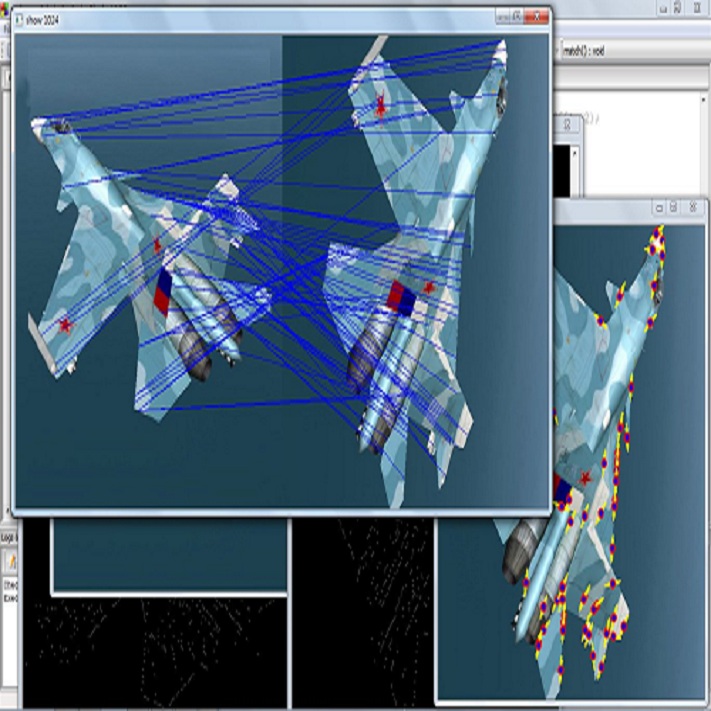Deterministic approaches using iterative optimisation have been historically successful in diffeomorphic image registration (DiffIR). Although these approaches are highly accurate, they typically carry a significant computational burden. Recent developments in stochastic approaches based on deep learning have achieved sub-second runtimes for DiffIR with competitive registration accuracy, offering a fast alternative to conventional iterative methods. In this paper, we attempt to reduce this difference in speed whilst retaining the performance advantage of iterative approaches in DiffIR. We first propose a simple iterative scheme that functionally composes intermediate non-stationary velocity fields to handle large deformations in images whilst guaranteeing diffeomorphisms in the resultant deformation. We then propose a convex optimisation model that uses a regularisation term of arbitrary order to impose smoothness on these velocity fields and solve this model with a fast algorithm that combines Nesterov gradient descent and the alternating direction method of multipliers (ADMM). Finally, we leverage the computational power of GPU to implement this accelerated ADMM solver on a 3D cardiac MRI dataset, further reducing runtime to less than 2 seconds. In addition to producing strictly diffeomorphic deformations, our methods outperform both state-of-the-art deep learning-based and iterative DiffIR approaches in terms of dice and Hausdorff scores, with speed approaching the inference time of deep learning-based methods.
翻译:使用迭代最佳化的确定性方法在迭代最佳化图像登记(DiffIR)方面历来是成功的。虽然这些方法非常精确,但通常具有重大的计算负担。基于深层学习的随机方法最近的进展已经达到DiffIR的二次运行时间,具有竞争性的注册准确性,为常规迭代方法提供了一个快速的替代方法。在本文件中,我们试图减少这种速度差异,同时保留DiffIR迭代方法的性能优势。我们首先提出一个简单的迭接机制,在功能上组成中间非静止速度场,处理图像中的大规模变形,同时保证结果变形中的变形。我们随后提出一个变形方法,即使用任意的定序术语将这些速度字段的平滑化和用一种快速算法解决这一模型,将Nestrov梯度梯度下降和乘数的交替方向方法(ADMMM)结合起来。最后,我们利用GPU的计算能力在3D Centri MRI数据集上实施加速的ADMM解答器,同时保证结果的深度变异性,进一步将运行时间缩短到低于Dirformatial的D Stormad Stormad 方法,在2秒后进行。



